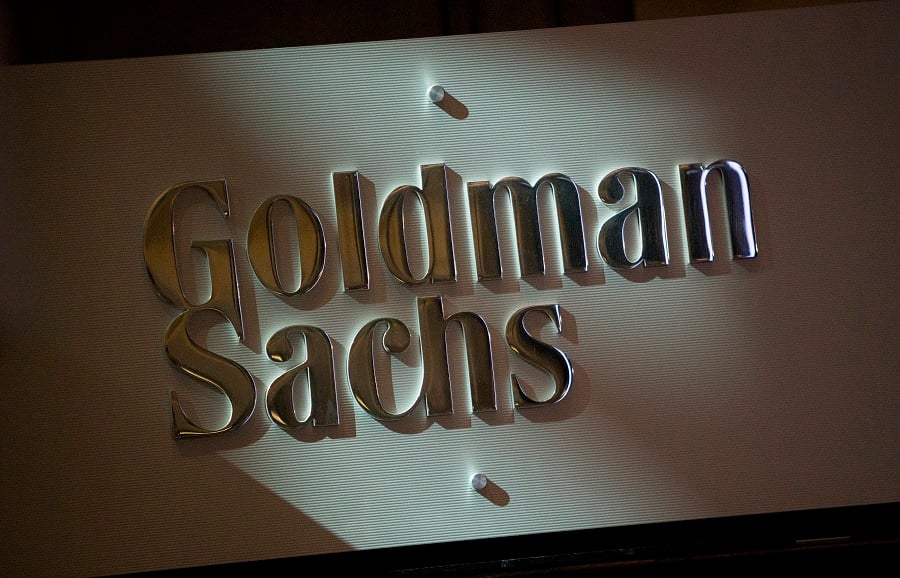

Goldman Sachs Group Inc. clinched a $43 billion mandate to invest pension fund assets of parcel-delivery company UPS, in one of the largest deals of its kind.
The investment mandate announced Thursday pushes Goldman, which manages some $325 billion of such pension assets, closer to its goal of surpassing rivals in the next three to five years. Those rivals include Marsh McLennan’s Mercer, BlackRock Inc. and Russell Investments.
The multitrillion-dollar global business of taking on investing responsibility for large pools of company pension money — known as outsourced chief investment office — or OCIO, is set to grow more than 10% annually over the next five years, according to consulting firm Cerulli Associates. That means money managers are looking at the space as a fruitful source of revenue.
“Corporates look around and look at what others are doing, in a more complicated world from a regulatory, economic and market perspective, and are deciding to narrow their focus on their core business,” Tim Braude, Goldman’s global head for OCIO, said in an interview.
For Goldman, the OCIO business is a staid part of Marc Nachmann’s asset and wealth division providing a reliable pool of income at scale. He has said that running such portfolios for corporate pension plans and other big investors could be particularly attractive. Nachmann is on a mission to fire up the division providing less volatile results.
Across the US, buoyant markets and rising rates have turned a subset of corporate pensions — defined-benefit plans like that of UPS — from a costly legacy of past promises into an unexpected nest egg.
The ballooned money pots have begun to overwhelm corporate treasurers and financial officers, who don’t always have the budget to build an in-house investment office. They’d also rather spend time, and money, on their company’s business than playing mini-money manager.
That’s led to an increase in companies with large pension plans to look to outside management, especially for those plans that are fully funded or over-funded. In the US, these types of pension plans represent a $2.5 trillion pool of assets ready for potential outside management by firms like Goldman.
The assets from UPS, whose plan is nearly fully funded, include those of its US and Canadian defined benefit plans and the in-house investment team will join Goldman in the third quarter.

Most firms place a limit on advisors’ sales of alternative investments to clients in the neighborhood of 10% a customer’s net worth.

Those jumping ship include women advisors and breakaways.

Firms in New York and Arizona are the latest additions to the mega-RIA.

The agent, Todd Bernstein, 67, has been charged with four counts of insurance fraud linked to allegedly switching clients from one set of annuities to another.

“While harm certainly occurred, it was not the cataclysmic harm that can justify a nearly half billion-dollar award to the State,” Justice Peter Moulton wrote, while Trump will face limits in his ability to do business in New York.
Orion's Tom Wilson on delivering coordinated, high-touch service in a world where returns alone no longer set you apart.
Barely a decade old, registered index-linked annuities have quickly surged in popularity, thanks to their unique blend of protection and growth potential—an appealing option for investors looking to chart a steadier course through today's choppy market waters, says Myles Lambert, Brighthouse Financial.
